Today, we celebrate the life and legacy of a man who fought tirelessly for justice in our country. Nelson Mandela Day was launched in 2009 in recognition of Madiba’s birthday on 18 July, via unanimous decision of the UN General Assembly. This day is a global call to action for citizens of the world to take up the challenge of spending 67 minutes of their day serving others and thereby following in...
Public Response to Recent World Animal Protection Report
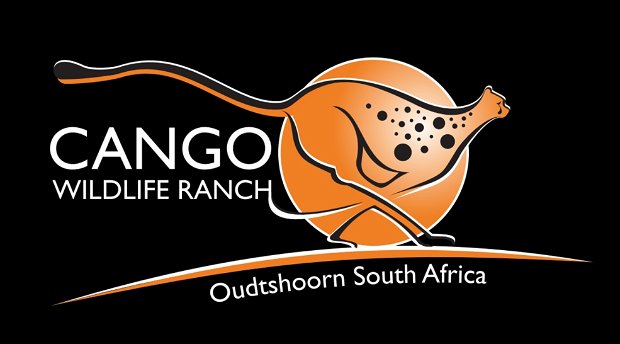
ATTENTION: WAP (World Animal Protection)
Cango Wildlife Ranch has been in operation for over 34 years, under the current ownership, with the primary focus of premium animal care and public education. Our driving force remains our conservation efforts, research, rehabilitation and public awareness. However, based on the document released, there seems to be a grave misunderstanding of what we do and in turn, enormous and irresponsible accusations that could impact our facility, and the credible work that we do, both for our animals and in our community. The ‘report’ concerning Cango Wildlife Ranch is reckless, libellous and unfounded and it is completely outrageous that we have been lumped with performance/entertainment centres, with no credibility what-so-ever, and that it has been published as such.
The document states that a WAP researcher visited our facility. Firstly, this individual failed to confirm a visitation. This is not a requirement and is not a problem at all. HOWEVER, you would be hard-pressed to find a facility that operates more transparently than we do. Had we been given the opportunity; we would have given them an in-depth overview and site inspection of the entire facility and all the work that we do. This researcher has also failed to gather validated data on the negative animal welfare impacts, footage and photos as evidence. Based on a video later posted on “change for animals”, it shows a photo of our husbandry enrichment (a vital part of animal welfare management; enrichment maintains the well-being and welfare of animals in captivity and is highly encouraged by organisations such as WAZA – mental and physical stimulus is fundamental in responsible animal care) and a controlled animal interaction; both of which have been taken out of context and inserted between absurd animal/performance shows.
Your report comprises of bold and libellous accusations, many may be relevant to unscrupulous animal centres the world over, but are not relevant to our facility and are in fact offensively inaccurate; specifically, the below exerts:
- Wild Animals’ needs can never be fully met in captivity
Anyone who thinks otherwise is naïve, however, in order to understand these animals and their plights we need to manage them in alternative environments where effective research and care can take place in order to identify areas of focus to sustain species should habitats fully collapse, and in fact to prevent habitats from doing so. Animals needs are barely being met in the wild or at least what is left of it. The role of modern and responsible Zoological institutions is to learn how to appropriately manage these animals and as a result, a multitude of species have already been saved from extinction. In order for us to manage our animals in a stress free environment and for them to be fully conditioned in the environment they live in they need to be familiar with people and their carers as we work very closely with them every single day, this facilitates our research and is completely separate from our rehabilitation work with local species.
All our training is based on positive reinforcement with the sole purpose of encouraging our animals to participate in their health care management which results in very happy and relaxed animals who participate willingly.
Through knowing our animals individually, we cater to their specific needs and select them based on their behaviour and temperament to participate in our ambassador programs. - Irresponsible, cruel and demeaning
No cruelty on any level takes place at our facility and the utmost love and care is given to our animals ensuring that the 5 freedoms form the baseline of their care. We have hundreds of staff, volunteers, veterinary interns and visitors who can attest to the high standards that we uphold. This includes the members of our non-profit Cheetah Preservation Foundation division. - References and resources have been incorrectly applied to our facility and are unsupported with unrelated claims, some fully excluding modern zoological facilities and the purpose thereof.
No studies had mention of our facility nor did they include any interactions of the species that form part of our programs. - On the welfare and conservation score sheet, we score well above average.
- On the TripAdvisor platform; the rule of thumb is if TripAdvisor has a positive rating below 80% it is correlated to an institution that has a negative impact on conservation and animal welfare - ours is 88%
- Researchers who paid a visit to our facility were supposed to:
1. Confirm that activities of concern were taking place
In their own opinion, or as qualified animal caretaker/professionals?
2. Gather Data on the negative animal welfare impacts
Gather data from whom? Assumptions again? Or did they at any point involve a qualified professional opinion?
3. Gather images and footage as evidence
Evidence or unfounded opinion and assumption? The one photo is of husbandry enrichment – which is actual exercise conducted not for anyone's pleasure but the cheetah’s well-being. - To make wild animals interact with, and perform for visitors, harsh training methods are used that inflict appalling suffering
This is not relevant to us as no animal ever performs at our facility. We make use of positive reinforcement training ONLY as mentioned above for husbandry purposes. - Visitors interaction animals are leashed to a platform
Our animals are not leashed to a platform and are free to leave at any point. If our team believes they do not want to participate, we call off any interactions. If visitors don’t meet our safety criteria or do not abide by our rules, they are not allowed to participate in any encounter. Any person who shows any form of disrespect to any animal is removed from the premises. - Having big cats in captivity will always lead to severe restrictions on their welfare
This is not factual. Housing animals in alternative environments can have a negative effect on big cats which can be combatted through research programs (which we actively participate in) and premium standards of animal care based on our animal welfare commitment statement and managed by our ethics committee.
We also offer daily enrichment activities to all our animals – they are in excellent mental and physical condition and many live longer than that of wild species. Stress can cause behavioural abnormalities and recurring health issues in captive big cats, - Big cats involved in demeaning visitor interactions can feel crowded. Some venues keep the animals on a leash so that they are unable to escape the social media & Interactions can fuel the illegal pet trade. None of these are relevant to us. We do not condone interactions with Great/Big cats. Cheetahs and serval, for which we have ambassadorial programs are in fact classified as small cats. None are leashed or held on platforms. There is no waking them up, feeding, baiting, confining or restrainment. Freedom of choice is mandatory in our process. We educate our public on the dire effects of keeping wild animals as pets and ensure them that they are not tame or domesticated but ethically conditioned due to their lifestyles in captivity. It is illegal to keep them as pets in South Africa. Many of our animals are from the illegal pet trade which we now provide sanctuary for. In fact, we are so against poorly managed and unethical animal interaction practices that we have not only lobbied but also handed over our decades of research, protocols and SOPs to a national body in the hopes of assisting them with the regulation of more ethical encounters for the simple purpose of animal welfare.
- Inbreeding and genetic mutations. The vast majority of these animals are bred in captivity and genetically inbred, they are unsuitable for reintroduction into the wild. Our breeding program is managed ethically and responsibly, and pairings are conducted based on pair-wise relatedness through DNA and historical lineage charts. All our animals are listed on the Species 360 Management and Identification System and we are in the International Cheetah Studbook for record-keeping and populace management. We have one of the most successful cheetah centres contributing to in-situ populace management. As mentioned in your own document the need for modern zoo institutions is, unfortunately, to perpetuate the existence of many species through captive breeding research and public awareness. All breeding programs are inline with the WAZA code of ethics and our in-house animal welfare commitment statement and ethics committee. We do not promote that any of our animals are release candidates as it is not the purpose of this our facility. We focus on sustaining a genetically diverse population which will make it possible long-term re-introduction should there be collapses in wildlife populations. "Re-wilding" is often used as an excuse for breeding by nefarious operations and as I’m sure you know, any reintroduction must be done under extremely strict IUCN guidelines and the problem of why that animal became extinct in that area in the first place needs first to be addressed. In saying this, this does not mean that we are against reintroducing predators if done under the above-mentioned guidelines and we in fact have done this with wild dogs into the Pilansberg very successfully. Our rehabilitation work is separate from this whereby we do rehab and releases with local birds of prey and reptiles.
All visitors go on a unique 1 hour guided tour where we discuss our animals, their stories, their environmental plights and human behaviour that impacts on their well-being. We provide a voice for every species that we house, and each one has a purpose and a message that we proudly relay to all of our visitors world-over. Just last year we hosted close to 4000 young school children on a complimentary basis. These children are all from rural communities and have never seen these animals on TV or in textbooks let alone in real life. It’s easy to forget the role that we serve in a third world country. We endeavour to impact those who have not been educated on the most basic level. The same communities that unknowingly create the most adverse effects environmentally. We face very different challenges and fill very different roles to that of Zoological centres in first world countries. I don’t know if you realise the impact of inaccurately portraying us and how this affects our animals and our duty to our community and environment. It is shameful who will be affected by the ripple effect of your vicious and untruthful accusations. This includes our large local employment of dedicated conservationists that work at our centre 365 days of the year and pour their heart and souls into that which we do. It is impossible for an unbiased researcher to visit our facility and not grasp this – either they did not do a site visit, or they did not partake in the guided tour; let alone make the effort to speak to any of our caretakers and zoological professionals.
As a self-funded private organisation, we have spent millions to ensure that we have international staff training programs and animal management systems that are some of the best in the world. We have a list of accolades and successful conservation projects that would exceed that of your case study references and sources.
If your researcher had done a decent job, they would have left with all this information and more. Although we understand your initiative and in fact support much of what you are saying, about those who it applies to, the line has sadly been crossed from a noble undertaking to blatant slander and libellous defamation of our establishment. You call yourself ‘World Animal Protection’ yet proceed to bring a 34-year-old dedicated organisation into disrepute – one who fights for animal welfare and protection every single day. The reporting is simply careless. It is unethical, unprofessional, and reckless of any researcher/journalist/writer to publish information that has not been validated or even closely checked.
Our doors will be open to a visit from any of you at any time, and we are always contactable to discuss matters at length but for now, kindly advise what urgent actions will be taken to rectify this very serious matter.
Further Reading
Today, on 3 September 2021, across South Africa, we celebrate Casual Day. Casual Day is the National Council of and for Persons with Disabilities (NCPD)’s flagship awareness and fundraising project. This annual campaign has been running since 1995! The public’s contribution of R20.00 for a Casual Day sticker entitles them to express their individual interpretation of the yearly theme through their outfits, showing their support for the full inclusion and equity of...
In the midst of trauma, terror and pandemics, there are always heroes who emerge. Beacons of hope who come in all shapes and sizes and help show humanity the way forward. We saw such a (tiny) hero arise…
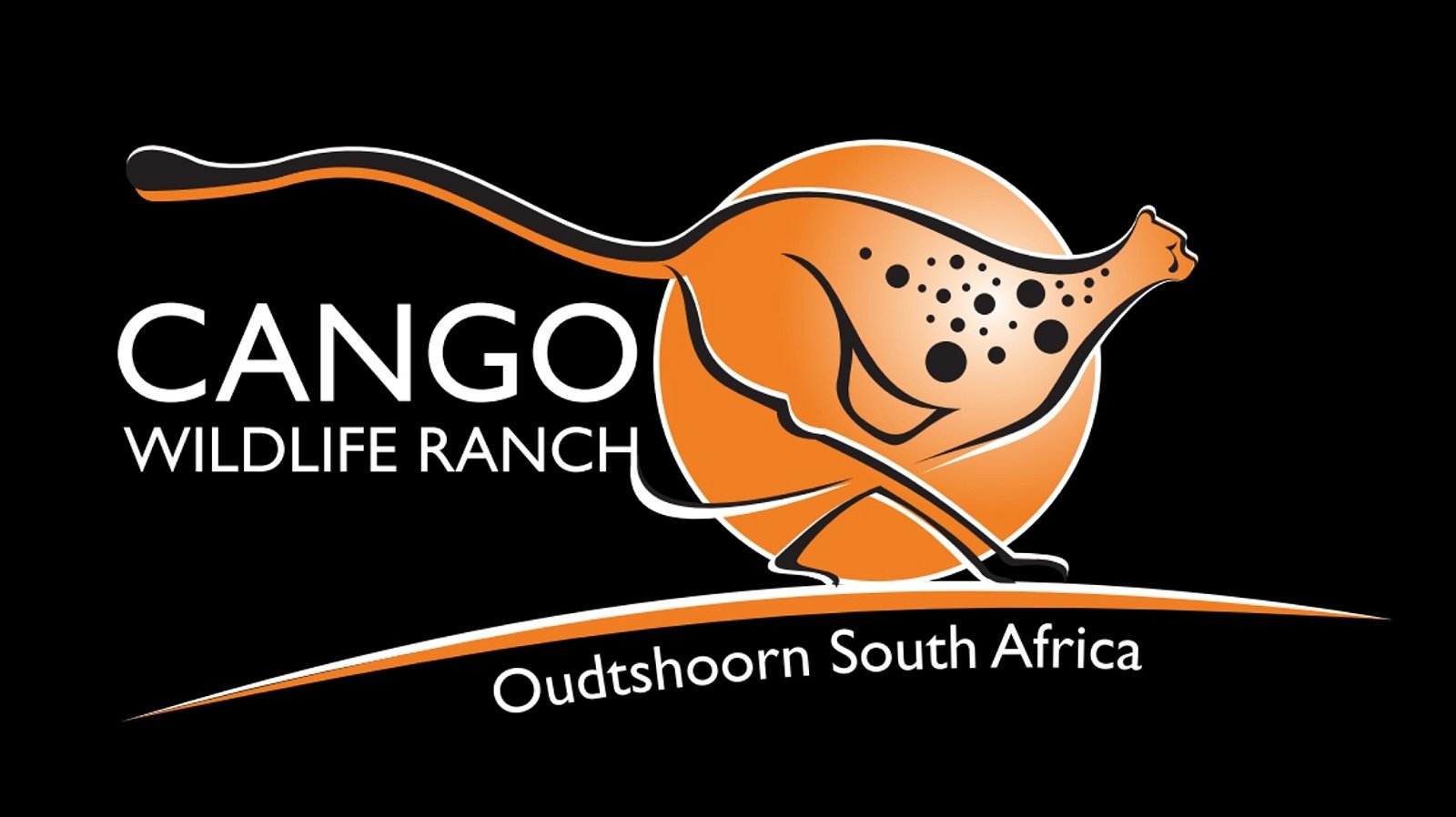












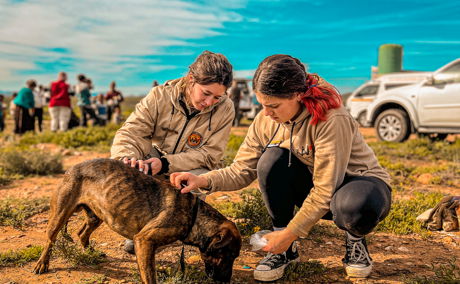
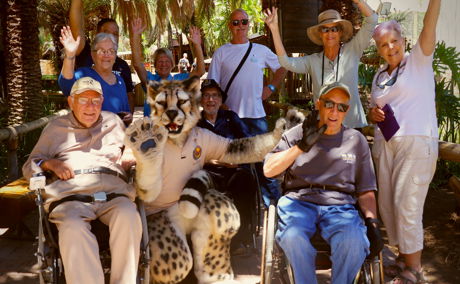
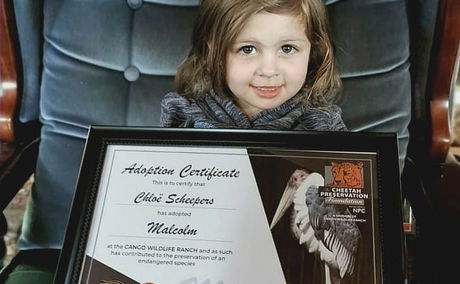
Share This Post